Before you put another “collagen” product on your face, read this
The Truth About Collagen: How a Multibillion-Dollar Industry Duped The American Public
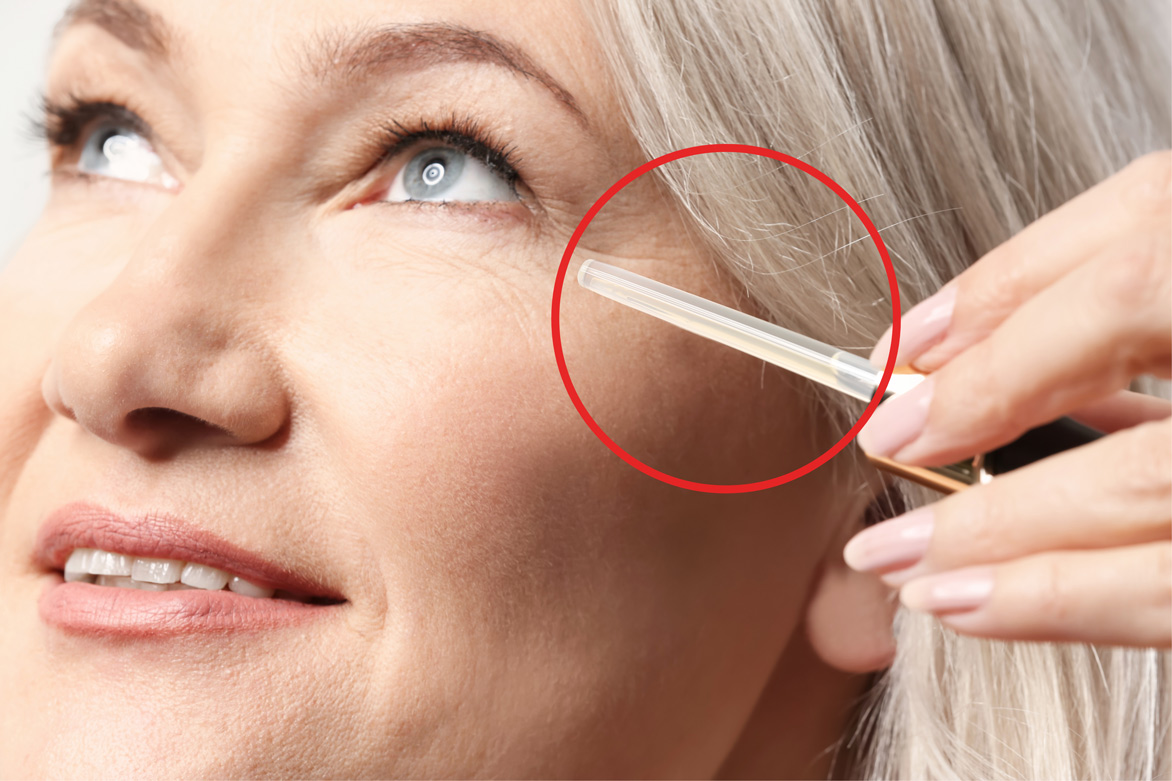
Whether you’re 30, 50, or 80, stop me if this sounds familiar…
- Looking in the mirror every morning and fighting the urge to criticize everything you see
- Shelling out up to $100 at a time for “collagen”-based serums and moisturizers, desperately hoping each one will make the difference
- Trying to ignore that nagging question… “is it time to get a little work done?”
It’s not exactly news that Father Time isn’t kind to our best features…
And if you’re reading this, you’ve probably looked into the cause. After the age of 25, our body produces 1-2% less collagen with each passing year.¹
And collagen is the protein that gives your skin elasticity, moisture, and firmness. So it’s no surprise that the skincare industry is putting collagen in everything.
The average American woman will spend up to $300,000 on products for her face in her lifetime (that’s $11 a day!).² Many of these products are creams, serums, and other products that promise to restore skin elasticity.
If you’ve been using a topical skincare product that lists “collagen” as an ingredient, I’ve got some bad news for you…
It’s probably a marketing gimmick.
Collagen molecules are just too big to absorb through the skin.³ The collagen in that facial serum sits on the surface of your skin, adding a bit of temporary moisture… but not much else.
But it’s cheaper than most other skincare ingredients, so it gets added because “collagen” has become a buzzword.
What about products made with “building blocks” of collagen?
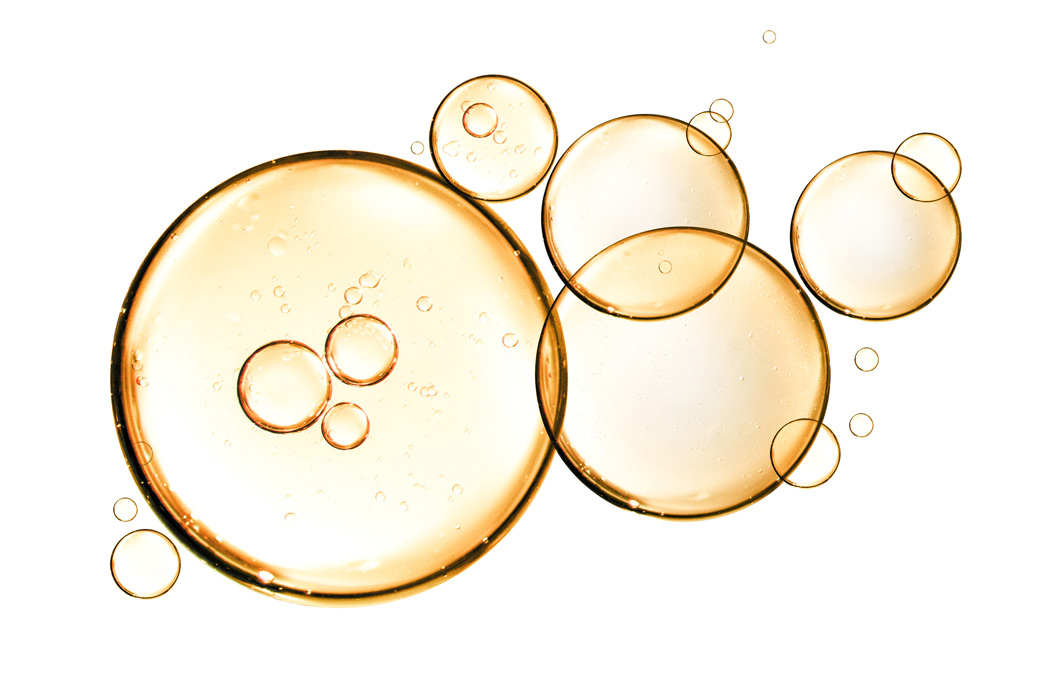
It’s true that a lot of “collagen” skincare products don’t actually contain whole collagen — they’re made with the building blocks of collagen that can enter your skin cells.
The bad news? They’re not much of an improvement.
When those building blocks get absorbed, they can add a little hydration — but in all likelihood they don’t actually stick around and replace the lost collagen.⁴
And of course, they only work where you apply them.
Unless you plan on slathering that serum on your neck, arms, and hands (and using the whole bottle at once)... you’re just hydrating the skin on your face.
And let’s be honest — isn’t your goal to look and feel youthful all over… not just on your face?
Especially now that we’re all returning to more face-to-face contact, and less contact via FaceTime and Zoom.
Collagen “eaters,” collagen powder, and the real way to get youthful skin

Wouldn’t you prefer to give your body something that rejuvenates skin all over your body…
…and doesn’t just temporarily rehydrate, but actually restores depleted collagen levels?
I think you can see where I’m going with this.
Despite what the $98-billion skincare industry would have you believe, oral collagen supplements do a better job at restoring youth to skin. Unlike topical collagen, these powders show up in the skin within a few hours of digestion.⁵
And most importantly, oral collagen doesn’t just replace what’s lost… it signals your body to rewind the clock:
- When you take collagen orally, skin cells respond by making more elastin, which gives your skin elasticity⁶
- It also tells your cells to make fewer MMPs (matrix metalloproteinases), which are enzymes that actually eat collagen… preventing it from getting into your skin and hair⁷
- So if you’ve been using a topical collagen without dealing with the underlying problem of MMPs, you might just be feeding them expensive food!
“I’ve heard this more times than I can count. And I always ask the same thing in response.”
Upon receiving your DEXA scan results, you get a “T Score” which compares your BMD to a healthy 30-year-old of the same sex.
“When you buy a skincare product, I’m sure you analyze every word on that bottle. You check the ingredients, you find out where it comes from, and you look into the company to make sure they’re on the level… But do you apply that same level of scrutiny to collagen supplements?”
The truth is, most of us don’t.
We just go with the one that’s sponsored by a young-looking celebrity, assuming that with something as simple as collagen, it’s all created equally.
I know this, because I’ve been in the collagen business for over a decade. (More on that in a moment.) And the sad truth is, there are plenty of people out there pushing misleading products.
And that’s on top of the skincare industry pushing myths like “collagen can’t survive digestion.”
If you want your collagen to live up to its promise, you cannot compromise on these 3 things
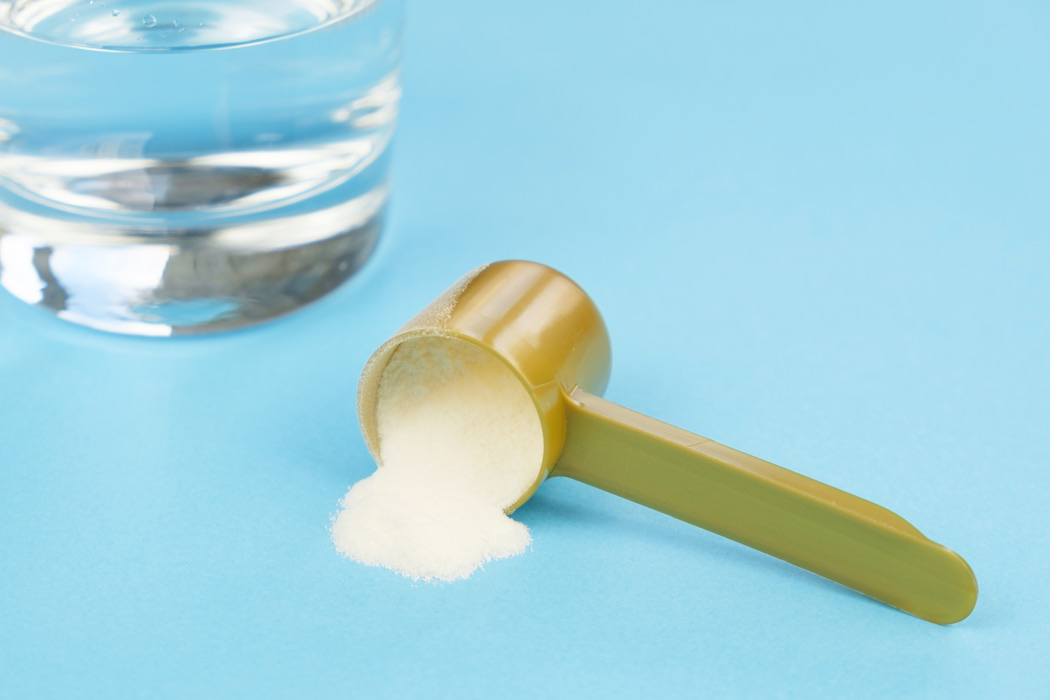
First, you need to ensure that you’re getting hydrolyzed collagen peptides. Lesser sources of collagen tend to get destroyed by the digestive process — which is where the persistent myth that “collagen can’t survive digestion” comes from.
In a 2005 study published in the Journal of Agricultural Food Chemistry, researchers gave hydrolyzed collagen to humans, and found a significant increase in their blood collagen levels after only an hour⁸ — and this study has been cited and replicated hundreds of times.
When collagen is formulated properly, it can and does get absorbed and used by our skin, hair, joints, and fingernails.
Second, you need to avoid “multicollagen” marketing scams. Many collagen products are marketed as comprehensive “multicollagen” mixes… and this is a clever way to hide the fact that they’re full of cheap, “filler” collagen. There are actually 26 types of collagen used in the human body — but 80-90% of it is Types I, II, and III.⁹
Your skin, in particular, thrives on Type I and Type III collagen. When you routinely take Type I and III collagen, you promote skin elasticity and firmness. A 2018 study found a significant improvement in skin hydration, wrinkles, and elasticity after only 12 weeks of use.¹⁰
So if you’ve been taking a “multicollagen” supplement, you might not be getting the right type of collagen… and not getting the results you hoped for.
Third — and perhaps most importantly — you need to ensure that the collagen you’re taking comes from the cleanest source possible. With the state of our oceans today, bovine collagen is the safer choice — but unless those cows are eating quality food that doesn’t have cheap fillers or hormones, those substances can easily concentrate in the tissues that we take collagen from.
If you want to promote true health and beauty, you need to be sure that your collagen comes from something that ate real food — and nothing else.
We’ve been making some of the world’s highest-quality collagen for 7 years
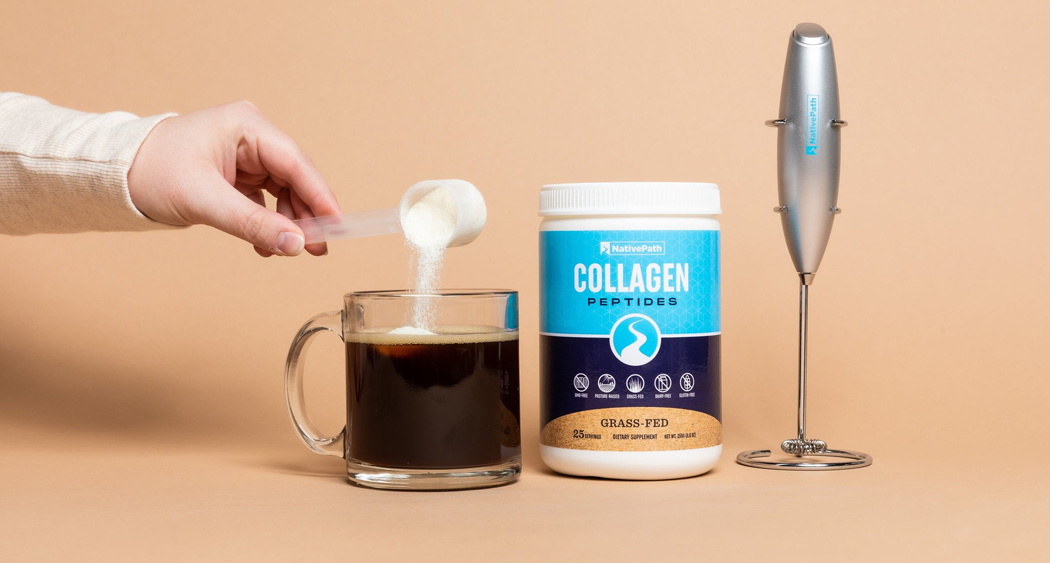
We founded NativePath in 2015, strictly as a collagen business. Collagen isn’t an “add-on” product for us. It’s WHAT. WE. DO. We’re independently owned and operated by people that believe you should eat the way your healthiest ancestors did.
So we started at the source. We only buy from farmers who raise grass fed cows. It’s the cleanest source of collagen, because marine collagen collects ocean contaminants, and non-grass-fed cows could be ingesting anything.
Then we focused on production and testing. We create all our collagen supplements in a GMP-certified facility in Texas — meeting the highest FDA standards for nutritional supplements. And we use a 3rd-party testing agency to ensure our product is free of contaminants.
The result is one of the cleanest, best-formulated collagen products on the market… at a price that’s actually fair, because collagen isn’t a “profit-maximizing” add-on for us. It’s our business, full stop.
Over 1,000,000 jars of collagen later… the results are clear
In the last 7 years, we’ve sold millions of jars of collagen to women all over America.
And with over 6,100 positive reviews, the verdict is in:
There’s no substitute for high-quality, grass-fed collagen peptides. Customers are getting results like this, for a fraction of the price of collagen beauty products:
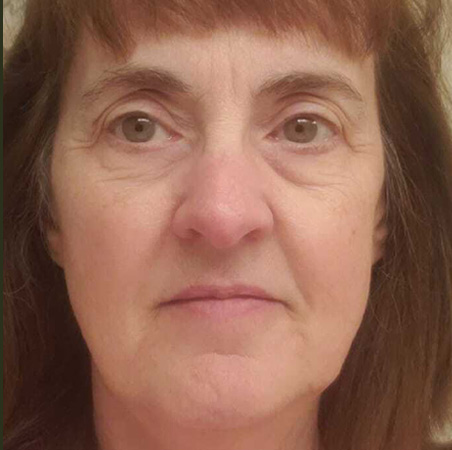
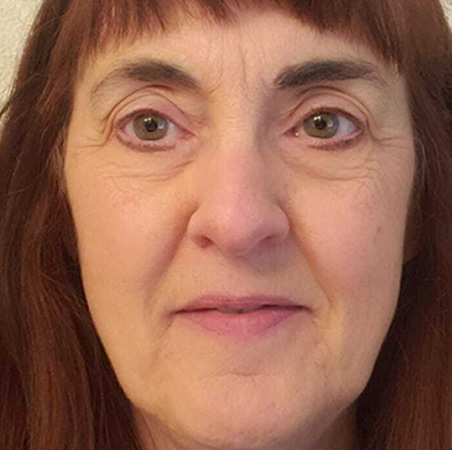
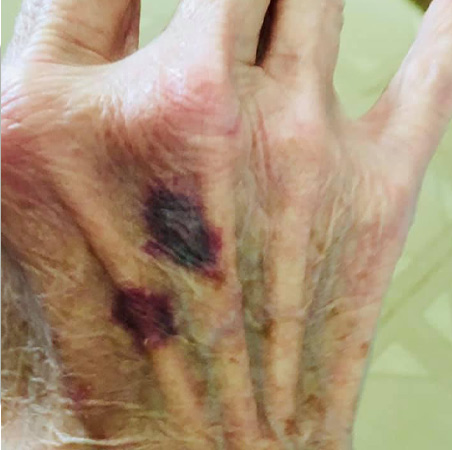
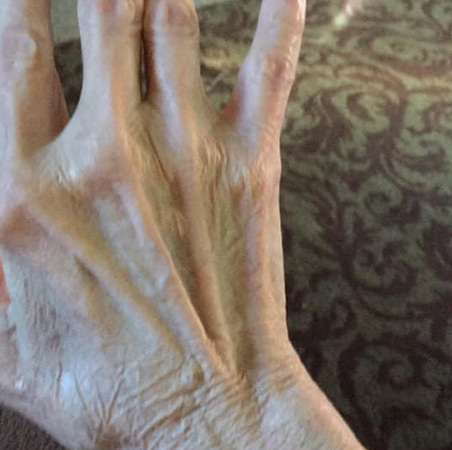


Take the 60 Day Collagen Challenge and see the difference for yourself
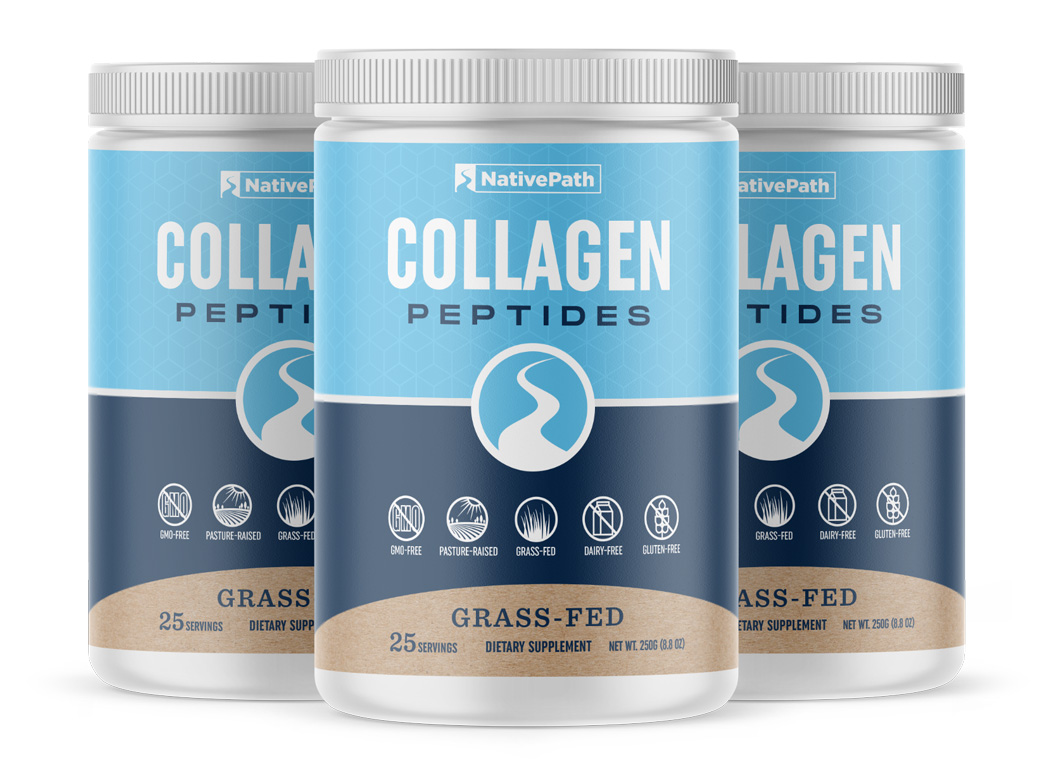
I’m a founder of NativePath, and I’m proud of the way that we’ve transformed hundreds of thousands of lives.
If you want to make a small change that will add quality to every single day of your life, then I can’t recommend grass fed collagen enough.
You’ve been waiting for it, so here’s the catch: all those studies I mentioned above? They indicate that results really start to kick in after 2-3 months.
That’s the reason I recommend you start with 3 jars of NativePath Grass Fed Collagen Peptides.
There’s two reasons for this:
- Studies show a huge difference in beauty-related outcomes between 10 and 20 grams of daily collagen — so I recommend starting with 2 scoops a day to see the results you want.
- With 3 jars, you can take 20 grams of collagen a day for 6 weeks — and then decide if it was worth it to you or not.
Try it for 60 days, then let me know how it worked out for you! (Seriously, send an email to support@nativepath.com. I read them, and I or my team will get back to you.)
Thanks to our 60-day money back guarantee, this is a risk-free choice.
After the 6 weeks is up, you’ll still have 2 weeks to decide if NativePath Grass Fed Collagen was worth the money.
Here’s how to take the 60 Day Collagen Challenge…
- Click the button below to be taken to our official website. Choose your package and whether you’d like to subscribe.
- Place your order through our secure payment platform
- Wait a few days for your collagen to arrive (shipping is fast and FREE in the USA)
- Take 2 scoops every day for at least a month. Take before-and-after pictures of your face and hands, because that’s where most people see an improvement first
- After 60 days, ask yourself… “how do I feel? Am I better off with this in my life? Is it better than slathering mystery serum on my face every day?”
If the answer is “no,” contact us for a refund.
When you’re ready to take the challenge, just click the button below to get started.
Remember: compared to spending $11 a day on facial products, this dollar a day on collagen will promote better health inside and out — and your collagen levels drop with every passing year. The choice is yours.`
Yours in health,


Dr. Chad Walding, DPT
1. https://pubmed.ncbi.nlm.nih.gov/20093739/
2. https://www.skinstore.com/blog/skincare/womens-face-worth-survey-2017/
3. https://pubmed.ncbi.nlm.nih.gov/31861912/
4. https://pubmed.ncbi.nlm.nih.gov/28508697/
5. https://pubs.acs.org/doi/10.1021/acs.jafc.6b05679
6. https://pubs.acs.org/doi/10.1021/acs.jafc.6b05679
7. https://www.nature.com/articles/s41598-018-28492-w
8. https://doi.org/10.1021/jf050206p
9. https://www.ncbi.nlm.nih.gov/books/NBK21582/
10. https://www.ncbi.nlm.nih.gov/pmc/articles/PMC6073484/
1200 S Brand, Ste 184, Glendal, CA, 921204 United States
Toll-free: 1-800-819-2993
